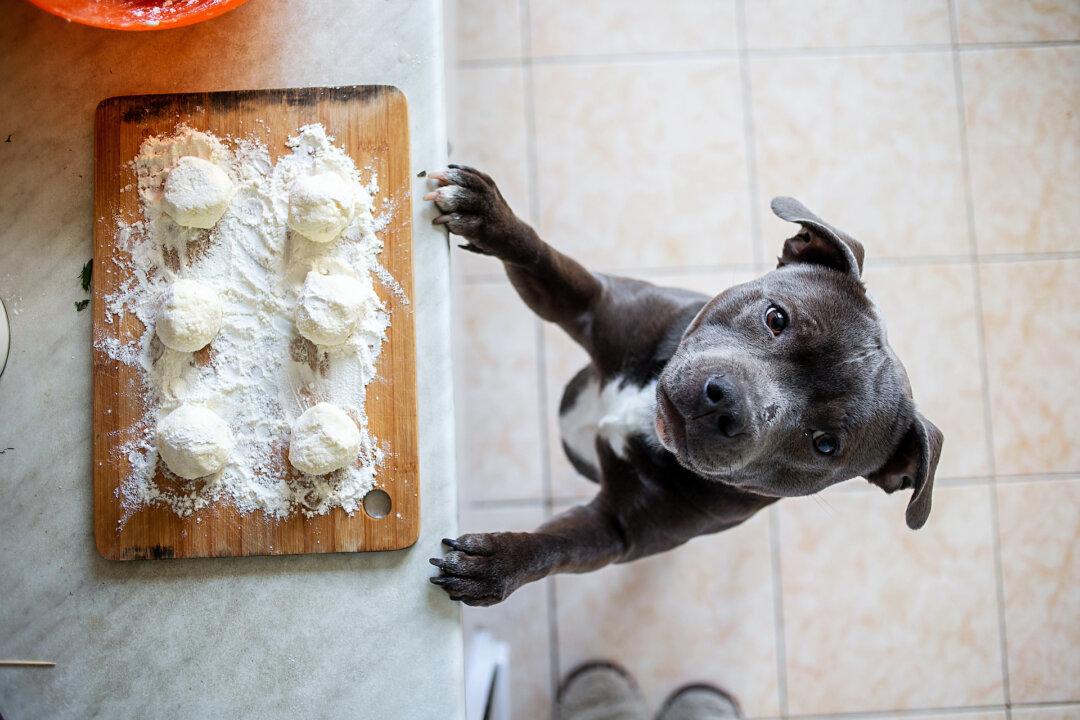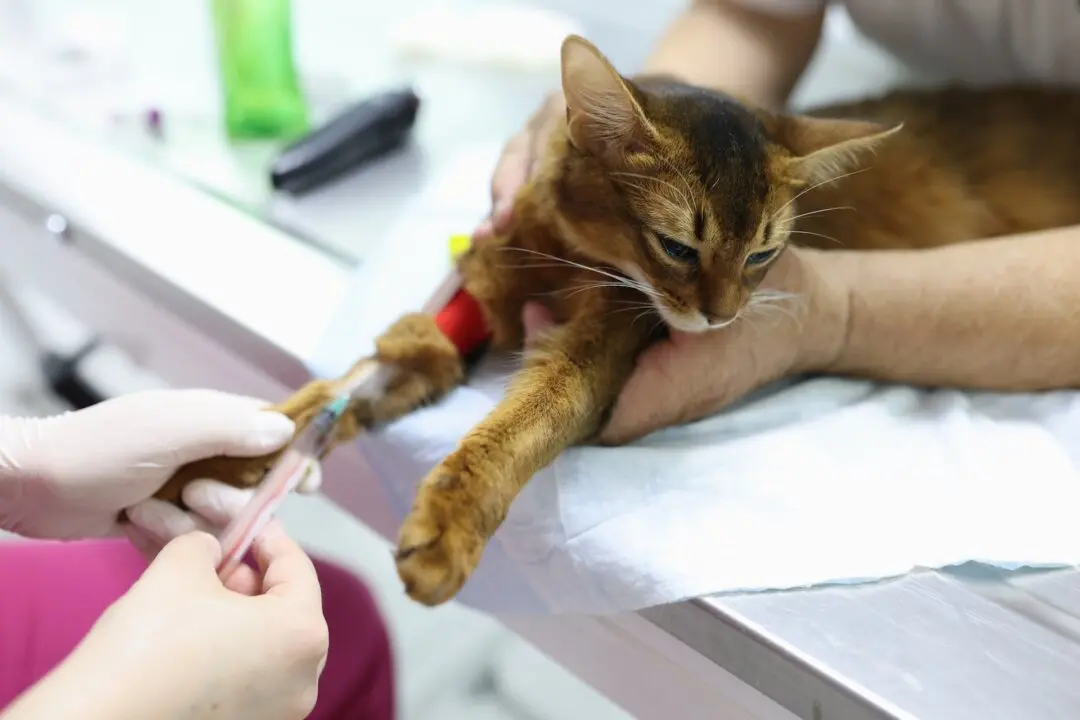Q: My family loves my fresh bread, but making it gave rise to a near-catastrophe involving our dog, Bandit.
When my back was turned, Bandit stole some freshly made bread dough right off the kitchen counter. I didn’t realize it was a problem until he started vomiting.





